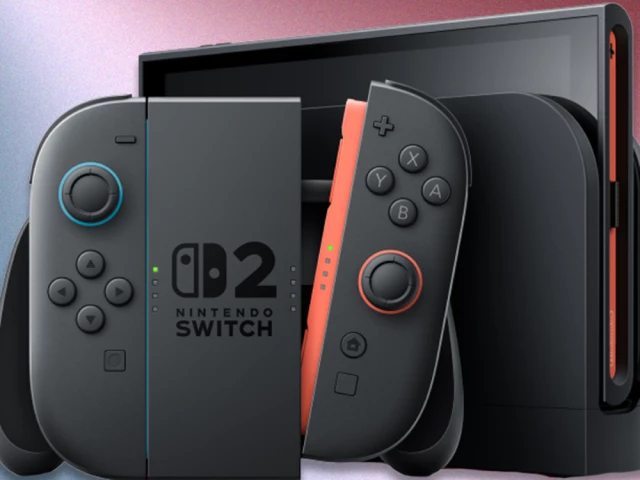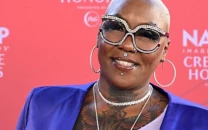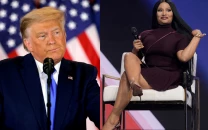Nintendo Switch 2 sales hit 3.5 million in 4 days as demand overwhelms U.S. and Japan retailers
Nintendo Switch 2 breaks launch records with 3.5 million units sold, causing widespread shortages across retailers.

Nintendo has reported record-breaking early sales for its new Switch 2 console, with over 3.5 million units sold in just four days following its June 5 launch. The strong debut has led to stock shortages at major U.S. retailers including Walmart, GameStop, Target, and Best Buy, according to their online platforms.
While Nintendo has set a sales goal of 15 million units by the end of its fiscal year in March 2026, some analysts believe this target underestimates ongoing demand. Serkan Toto, CEO of gaming consultancy Kantan Games, told CNBC that all indicators pointed to high interest before launch, and he expects additional sales records to be broken in the coming months. David Gibson of MST Financial echoed this, projecting 20 million units sold within the first year.
The Switch 2, Nintendo’s first major hardware release in eight years, features several key upgrades over its predecessor, including a larger screen, improved processing power, and a new GameChat2 function that enables voice and video chat. It retails in the U.S. for $449, making it the company’s most expensive console to date.
Despite Nintendo’s efforts to prepare sufficient inventory for launch, demand has outpaced supply—especially in Japan. Company President Shuntaro Furukawa revealed that more than 2.2 million people in Japan registered for a lottery to purchase the console on launch day. While shortages are more severe in Japan, Toto noted that global availability appears better managed compared to the 2017 launch of the original Switch.
Further complicating supply and pricing are ongoing U.S. trade tariffs, which have already impacted Nintendo’s preorder strategy. In April, the company delayed U.S. preorders while it assessed tariff impacts. Gibson suggested that resolving these issues could eventually lead to lower U.S. prices.




















COMMENTS
Comments are moderated and generally will be posted if they are on-topic and not abusive.
For more information, please see our Comments FAQ